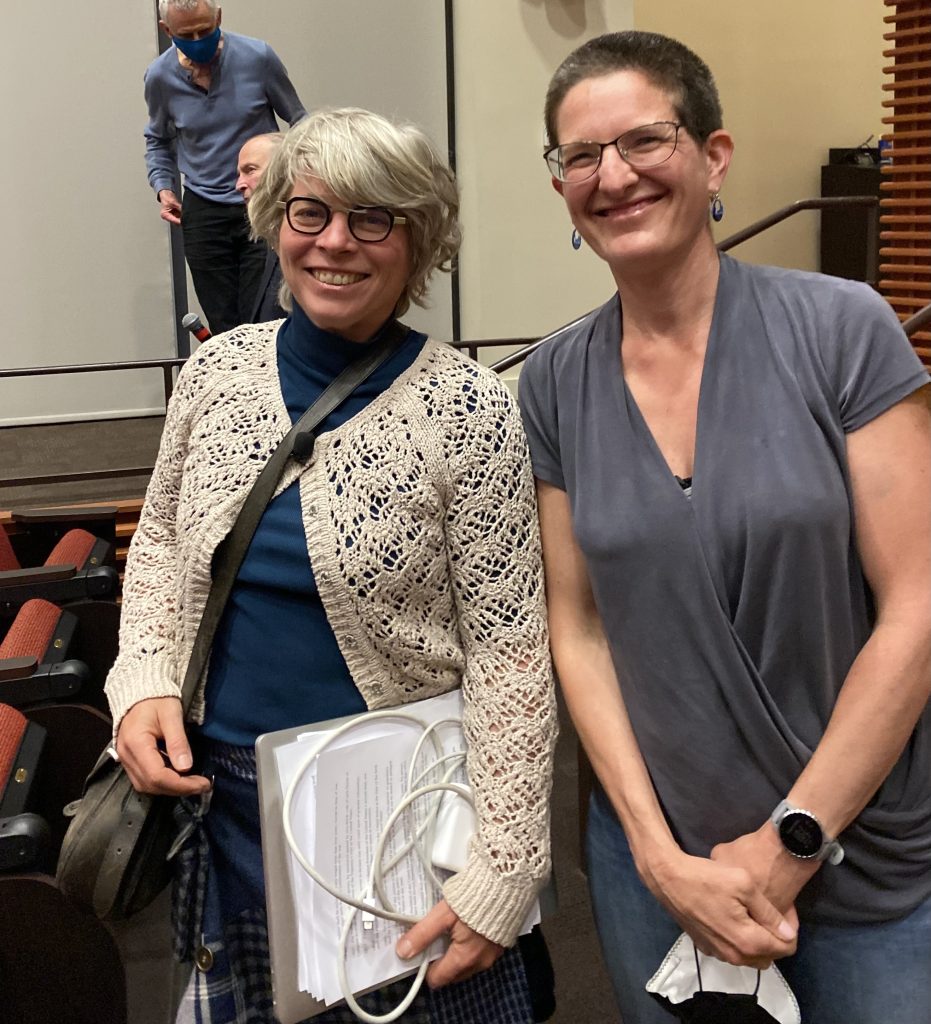I recently came across this short, two-page paper written by Jill Lepore called “How to Write a Paper for this Class.” It was meant for her students of history at Harvard University, but I love it immeasurably and think it is much more widely applicable.
To be fair, when it comes to Jill Lepore, I might not be exactly impartial. She first came to my attention when I read a piece of hers in the New Yorker. “Who is she?” I wondered, and then (as one does) dutifully entered her name into google.
What came up then was a video of her at an invited discussion at the MIT Media Lab. She arrived with what she called a “measly two slides” to anchor a 90 minute conversation.
You can still see it here:
Rather than take the audience laboriously through her thoughts, she said she would offer up some “provocations” and invited a conversation. I was smitten. It wasn’t so much what she had to say, although that too was tremendous. It was because she wore an air of confidence— about herself, about what she had prepared to say, and about the interesting things that she would be able to discuss. She wore brilliance and the lack of self-apology like undergarments, seemingly without noticing that she had put them on.
I have since learned that she is prolific, indefatigable, and still apparently just follows her own bliss. She started a podcast in the pandemic, for goodness sake. Who does that?
I got to hear her speak at Stanford last year at a lecture sponsored by the McCoy Family Center for Ethics in Society, and like a true fan girl, I declared: I’m going to sit int he front and ask a good question. And then, I’m going to ask her for a selfie. And that’s what I did.

So back to the piece she wrote about how to write. Here’s what I love about it: it’s surprising. It’s fun to read. I could actually go through it and explain how the piece itself conforms to the advice it is giving, like Mark Twain’s famous piece about spelling. (Maybe it wasn’t Mark Twain?)
Except where that devolves into being barely comprehensible, Jill Lepore’s piece brings you to brilliant resolution.
But my favorite part of the whole piece is where she writes this:
You might begin, “John Singleton Copley was born in 1737 in a shack perched atop Boston’s longest wharf.” Or, you might want to begin with a claim: “Copley, long understood as a Tory, was loyal to nothing so much as his art.”
The idea that a scholar might have choices in what they choose to share, how they choose to frame an argument, isn’t one that I learned anywhere in my academic career. I learned how to sharpen an argument, how to best present evidence, and that excellent thinking was crucial to good writing. I learned how to cite sources, include myself in a larger argument, and express with force and vigor my conclusions and disclaimers. But I never was taught that, if I did my job very well, it would be fun to read, that there was a story hiding in my argument that could satisfy.
This looks like it was written by someone who loves what she does, who not only wants to write, but is bursting with desire to see what her students come up with.
It’s too bad that I already have a PhD, or else I know where I’d be looking to go study!
